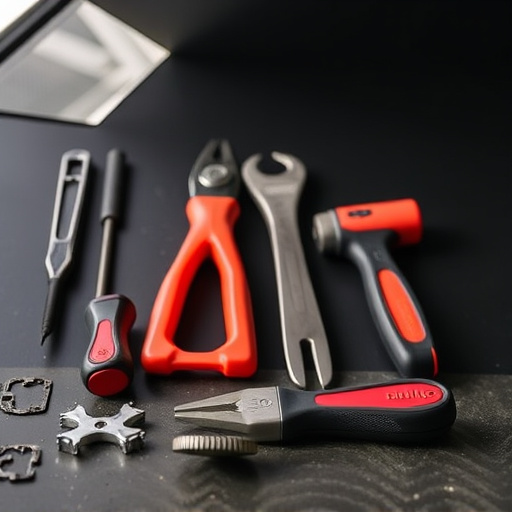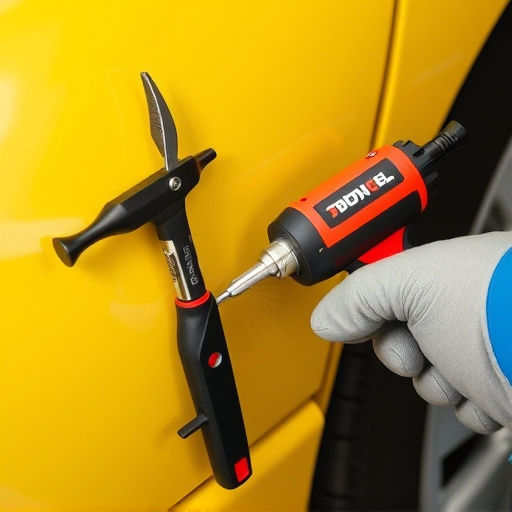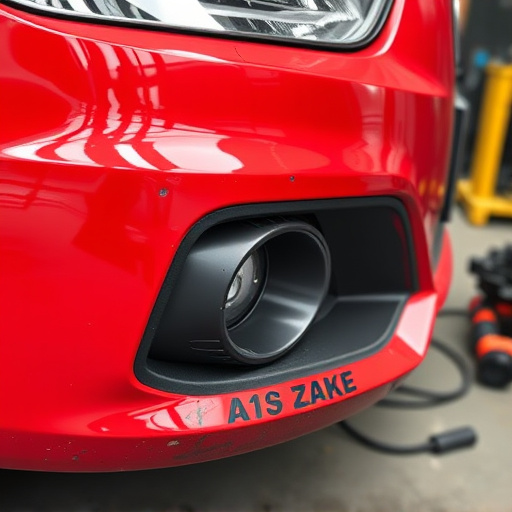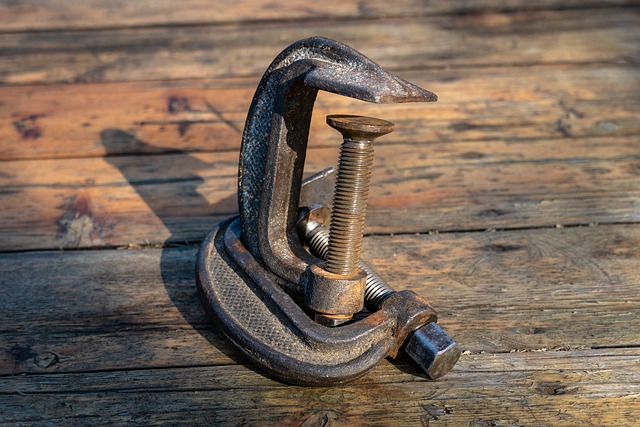Repair quality concerns pose significant challenges in the automotive industry, impacting both businesses and consumers. These issues arise from subpar materials, unskilled labor, or inadequate training, leading to inconsistent repair quality. Auto body shops can mitigate these problems through robust quality control measures, including staff training, inspections, adherence to standards, and transparent communication with customers. The legal framework surrounding repair quality concerns is crucial for consumer protection, with specific standards for various repairs and implications for high-end brands. A strong dispute resolution process and fair practices ensure customer satisfaction and protect both parties while safeguarding the shop's reputation.
“In today’s market, understanding repair quality concerns is paramount for both consumers and businesses. This article delves into the intricate web of issues surrounding repair work, exploring its causes, effects, and legal implications. From identifying common problems to deciphering the rights and responsibilities within the legal framework, we provide a comprehensive guide. Learn how to navigate disputes, protect customers, and fulfill business obligations, ensuring quality repairs and fostering trust.”
- Understanding Repair Quality Concerns: Causes and Effects
- Legal Framework: Rights and Responsibilities of Repair Services
- Resolving Disputes: Customer Protection and Business Obligations
Understanding Repair Quality Concerns: Causes and Effects

Repair quality concerns are a significant issue within the automotive industry, impacting both consumers and businesses alike. These problems often arise from various factors, such as subpar materials, unskilled labor, or inadequate training. In the context of auto body services and auto collision centers, repair quality can vary widely, leading to dissatisfaction among customers who expect high-quality work. The effects of low repair quality are far-reaching—from financial losses for auto body shops due to repairs needing re-work to legal implications for businesses and even criminal consequences for individuals responsible for fraudulent repairs.
Auto body shops that prioritize quality control measures can mitigate these issues, ensuring their staff is adequately trained and equipped with the latest tools. Regular inspections and adherence to industry standards are crucial in maintaining repair quality. Moreover, transparent communication with customers about the repair process and expected outcomes builds trust and prevents legal disputes, ensuring a positive experience for all involved parties, whether it’s at an auto body shop or auto collision center.
Legal Framework: Rights and Responsibilities of Repair Services

The legal framework surrounding repair quality concerns is a critical aspect of consumer protection and guarantees the rights and responsibilities of both repair services and vehicle owners. In many jurisdictions, repair shops are required to adhere to specific standards and guidelines when conducting repairs on vehicles, including vehicle body repair, fender repair, and collision damage restoration. These standards ensure that the work performed meets a certain level of quality and safety.
When it comes to Mercedes Benz collision repair or any other high-end automotive brand, consumers often expect precision and adherence to original equipment manufacturer (OEM) specifications. The legal implications for repair services include warranties, liability for defects, and compensation for consumers if the repairs fall short of the agreed standards or cause further damage. Understanding these rights and responsibilities is crucial for both parties to ensure a fair and transparent repair process.
Resolving Disputes: Customer Protection and Business Obligations

When addressing repair quality concerns, a robust dispute resolution process is essential to protect both customers and businesses. In the context of vehicle paint repair, vehicle body repair, or car dent removal, misunderstandings can arise due to differing expectations or interpretations of the work performed. To mitigate these issues, clear communication channels must be established between repair shops and their clients. This includes detailed estimates, transparent pricing structures, and regular updates on the repair progress.
In addition to internal resolution mechanisms, many jurisdictions have consumer protection laws in place that dictate businesses’ obligations when dealing with dissatisfied customers. These laws often mandate fair and reasonable practices, including refund policies, warranty coverage, or compensation for proven defects. By adhering to these legal implications, repair shops not only safeguard their reputation but also ensure customer satisfaction, fostering trust and loyalty among their clientele.
In addressing repair quality concerns, it’s crucial to understand the causes, their far-reaching effects, and the legal framework that governs repair services. By recognizing the rights and responsibilities of all parties involved, we can effectively resolve disputes and protect both customers and businesses. Navigating these complexities is essential to ensure trust and transparency in the repair industry, fostering a symphony of cooperation rather than a labyrinthine enigma. Remember that, ultimately, prioritizing repair quality concerns leads to enhanced customer satisfaction and business integrity.














